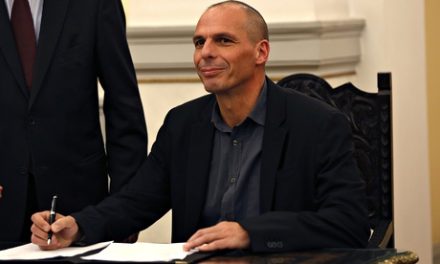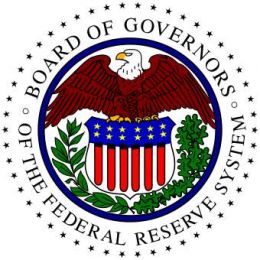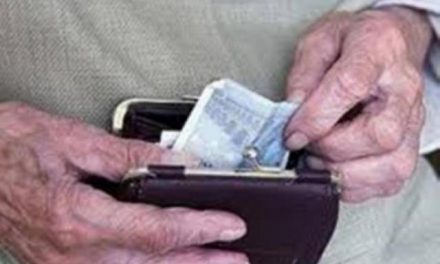By Nikos Chrysoloras, BusinessWeek
As Prime Minister Antonis Samaras tries to convince Angela Merkel that Greece can handle an early exit from its bailout program, bond and stock investors offer contrasting verdicts on the health of the country’s economy.
Even after a sell-off this week, Greek debt delivered the highest returns among sovereign securities so far this year, based on Bloomberg World Bond Indexes, jumping 27 percent. At the same time, the trend in the country’s equity market is less encouraging. Having surged 28 percent last year, the benchmark Athens Stock Exchange Index has lost 6.4 percent during 2014.
“There is progress and determination in some areas, like reform of the public administration, but elsewhere, the momentum is problematic,” said Kevin Featherstone, a professor of contemporary Greek studies at the London School of Economics. “Greece’s path would be eased by continuing external support, but Samaras needs to show that the country can be freed of the troika well ahead of possible elections in spring 2015.”
Samaras came to power in June 2012 on a pledge to keep his country in the euro area, a strategy which culminated in April when Greece ended its four-year exile from the bond market. The yield on Greece’s 10-year bonds, which reached a record 44.21 percent in March 2012, has since plummeted and fell to 5.469 percent as recently as this month, less than Iceland or Mexico.
Merkel’s Sympathy
Greece’s push has earned Samaras the sympathy of the German chancellor as his deficit-cutting plan runs ahead of schedule and the Organization of Economic Cooperation and Development calls his government the most responsive in the developed world when it comes to delivering economic fixes.
“I know what difficult times Greece has gone through,” Merkel said Sept. 23 at a joint press conference with Samaras in Berlin. “But the first tender shoots of success are visible.”
Still, Samaras’s critics say that his achievements have been flattered by the European Central Bank’s efforts to spur the euro-region economy, by pushing interest rates to record lows.
They say the decline in Greek stocks is a better reflection of the outlook for Samaras as the pace of economic overhaul slows, the ECB probes weaknesses in the banking system, and opposition leader Alexis Tsipras plots to bring down his government by forcing a snap election in February.
“Equity investors priced in Greek economic recovery in 2013 and they have yet to see it,” Thanassis Drogossis, head of equities at Pantelakis Securities, said in a telephone interview from Athens. “On top of that, they are worried about political instability and stalling economic reforms.”
Snap Election
Tsipras’s Syriza party is seeking to capitalize on Samaras’s continuing struggle to revive the economy, as Greek voters blame their woes on the prime minister and his submission to the troika creditors: the euro area, the ECB and the International Monetary Fund. Tsipras aims to force a snap election in the first quarter of 2015 and opinion polls show his party would probably win.
And that’s what brought Samaras to Berlin.
If the Greek prime minister can win Chancellor Merkel’s support and escape the strictures of the bailout program ahead of schedule, that may be able to find enough allies prepared to back him instead of Tsipras to keep Syriza at bay for another 18 months.
Samaras, whose group has 154 lawmakers in the national parliament, needs 180 votes to appoint a new president of the republic in January. Without them, he’ll have to call an election.
Greece’s Pitch
“Samaras hopes that if the troika’s presence is not so obvious in Greece, then he’ll be able to rally the support of some independent lawmakers and anti-bailout forces in the presidential election,” said Aristides Hatzis, an associate professor of law and economics at the University of Athens. “But the numbers are very difficult.”
The Greek pitch to Merkel was based on the progress the country has made in meeting the demands set as a condition of its bailout. Samaras has demolished barriers to setting up new businesses and started to pull down the defenses protecting many professions, the EU said in a report this month.
The government says it can now borrow from private investors at lower yields than the IMF asks for its emergency loans, and the troika forecasts that the economy will emerge this year from the longest recession on record. They forecast a budget surplus before interest payments of 1.5 percent of gross domestic product this year.
Greece can now “stand on its own two feet,” Samaras said in Berlin. “I think we may end the program earlier.”
Merkel, whose country was the biggest contributor to Greece’s bailouts, praised Samaras’s leadership and said the future of the aid program will be discussed in the weeks ahead within the troika.
Their comments triggered a three-day sell off in Greek government bonds that pushed yields to their highest in six weeks, even as other peripheral sovereigns were buoyed by the prospect of ECB President Mario Draghi unleashing more artillery in his battle to get prices rising.
Behind the warm words from Merkel and the promise of action from Draghi, European officials remain concerned about Greece. The EU’s most recent assessment said that some rule changes have still to be implemented by the officials on the front line and the IMF has complained about delays in a raft of measures from firing public workers to cutting restrictions on consumer goods and setting up a framework for dealing with bad loans.
Those delays in administering the troika’s medicine stem from the conflict between the needs of the Greek economy and Samaras’s political ambitions to cling on to his job, according to Hatzis.
“Samaras could go down fighting as a reformer, instead of trying to reverse the electoral cycle in Greece,” he said. “But I don’t think he’ll choose this path.”



















